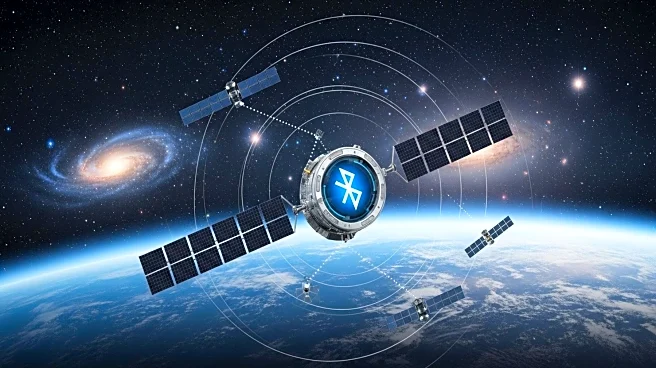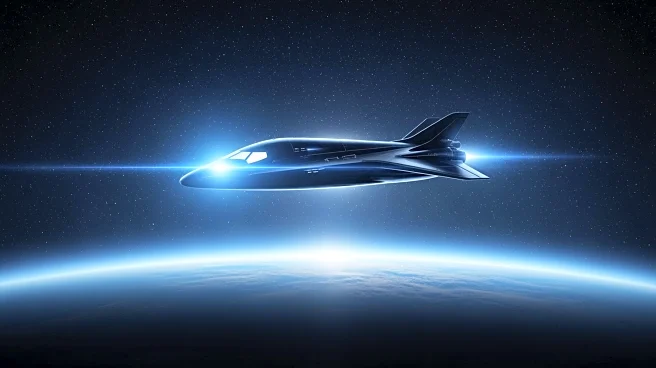What is the story about?
What's Happening?
Hubble Network, a startup focused on building a global constellation of Bluetooth tracking satellites, has successfully closed a $70 million Series B funding round. This latest investment brings the company's total funding to $100 million, with contributions from notable investors such as Y Combinator, Ryan Swagar and Tom Gonser from DocuSign, Mike Farley from Tile, Marc Weiser from RPM Ventures, and Tuff Yen from Seraph Group. Hubble's innovative technology allows Bluetooth devices to transmit lower-volume location data, which can be detected by the company's space-based antennas. This approach offers asset tracking capabilities with reduced battery power and investment compared to traditional cellular alternatives. Currently, Hubble has seven satellites in orbit, each equipped with over 100 antennas to detect Bluetooth signals. The company aims to expand this network to 60 satellites by 2028, providing real-time location data globally.
Why It's Important?
The expansion of Hubble Network's satellite constellation represents a significant advancement in the Internet of Things (IoT) sector, particularly in asset tracking and logistics. By leveraging Bluetooth technology, Hubble offers a cost-effective and energy-efficient alternative to cellular-based tracking systems. This development could revolutionize industries reliant on precise location data, such as shipping, warehousing, and supply chain management. The ability to track assets globally with minimal hardware investment could lead to increased operational efficiency and reduced costs for businesses. Additionally, the successful funding round underscores investor confidence in Hubble's technology and its potential to disrupt traditional tracking methods.
What's Next?
Hubble Network plans to use the new funds to expand its customer base, aiming to connect billions of devices to its IoT network. The company has already secured more than ten pilot customers, each with millions of connected devices. Hubble's partnership with Muon Space will facilitate the launch of future satellites on Muon's 500 kg-class XL spacecraft. As the company progresses towards its goal of a 60-satellite constellation by 2028, it will likely continue to attract interest from industries seeking innovative tracking solutions. The successful deployment and operation of this network could set a new standard for global asset tracking.














